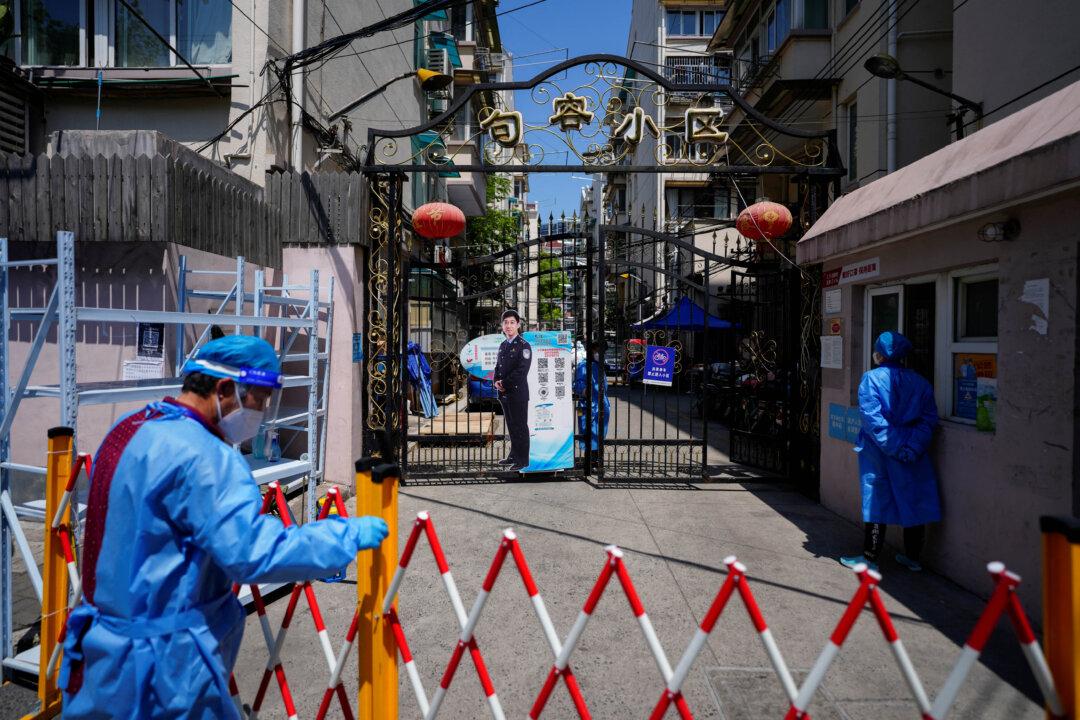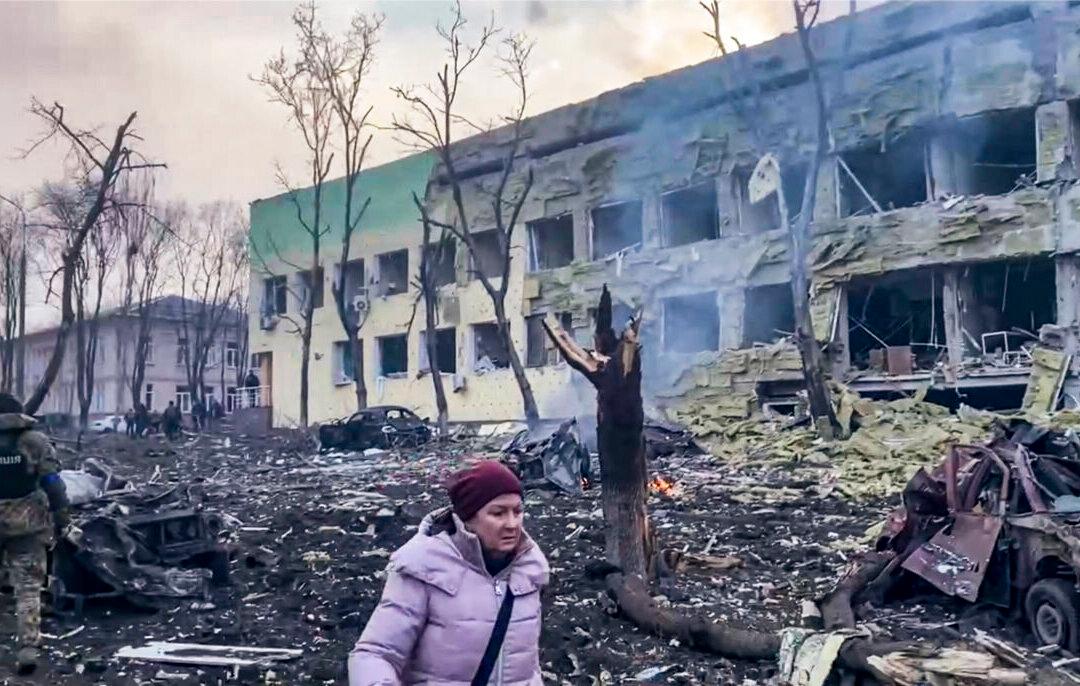Commentary
The Chinese regime continues to aggressively penetrate Taiwan’s air space. Since the Oct. 1 anniversary of the Chinese Communist Party’s (CCP) takeover of China, Beijing has sent nearly 150 planes through Taiwan’s air identification zone, which has forced Taiwan to scramble its fighters and activate air defenses numerous times.





